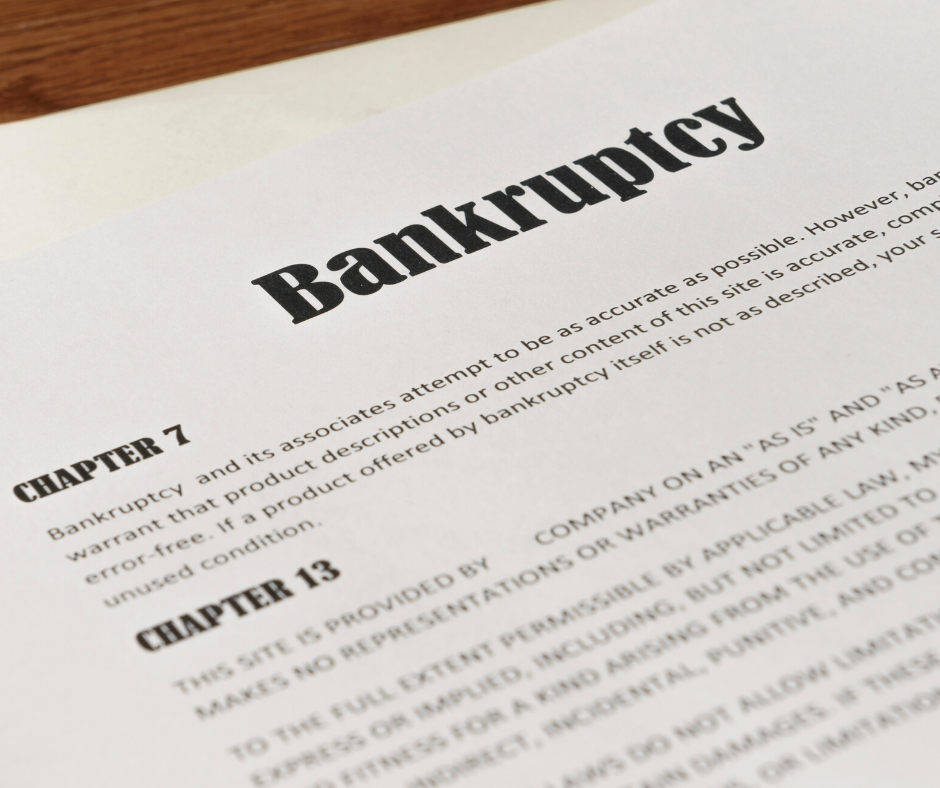When should you use a personal loan to consolidate credit card debt? My knee jerk reaction and response to the question is always: NEVER! But then I take a step back. In some circumstances it may be the best choice. You really have to consider all the facts and the individual’s specific circumstances.
Terms of Debt
Usually, the lender for the consolidated loan is not going to give favorable terms. So the first thing you have to ask yourself when looking at a debt consolidation plan is whether the new debt has better terms than the current debt. All too often, people get caught up in scams that portend to pay off existing debt but it really just puts the payments into the hands of a consolidation firm that charges the debtor fees of their own and offers no protection from the underlying creditor’s rights to file lawsuits, charge interest and fees, or engage in other collections efforts. If the plan is in fact a personal loan, you are not getting rid of your debt at all, you are just exchanging it for debt with a new creditor.
So, ask yourself, if the interest rate is better and if the payment terms are more favorable to you. The answer to both of those questions is usually a resounding NO. That being the case, why incur the new debt? Sure, it gets the creditors to quiet down for a while. However, you have a new creditor, and usually a more aggressive one at that, to deal with when/if you default.
No-Security Loans
But if you can get a personal loan without security and with lower interest – and without variable interest rates – and better repayment terms, that might be something worth really looking into. Why do I specify “without security?” I often see clients adding to their secured debt by taking out home equity loans to pay off unsecured debt. That is one way to reduce the interest rates and get better long term financing to make the debt manageable. On the other hand, filing a chapter 13 bankruptcy is almost always a better choice. You really should avoid adding encumbrances to your home and reducing the equity available, if at all possible.
Income to Debt Ratio
Another thing that’s important to keep in mind is that when you change the creditor you do not reduce your income to debt ratio. You are not doing anything to improve your credit score or help rebuild your credit. Too often people think that taking on a consolidated personal loan will save or fix their credit.
That is rarely the case. In fact, when you file a chapter 13 bankruptcy instead of taking on a personal loan, the case trustee is required by law to report your plan payments and show that you are reducing your debt. That really fries your credit. My clients generally find that within 6 months of filing a bankruptcy their credit score is higher than when they filed. Within 2 years, most of my clients, particularly those that stay “on plan” have credit scores above a 720. Thus, they qualify for conventional mortgage lending without those onerous “bad credit” terms.
So remember, I say NO to using a personal loan to consolidate credit card debt. Please call me if you need to discuss your options.



